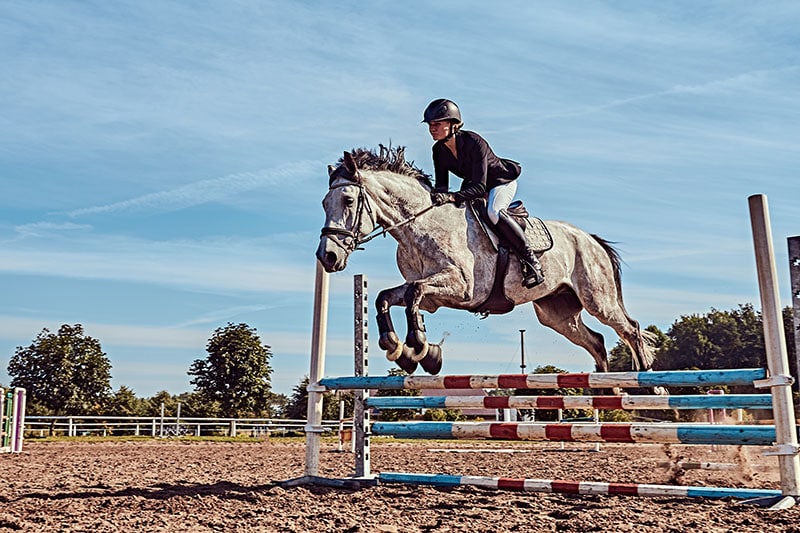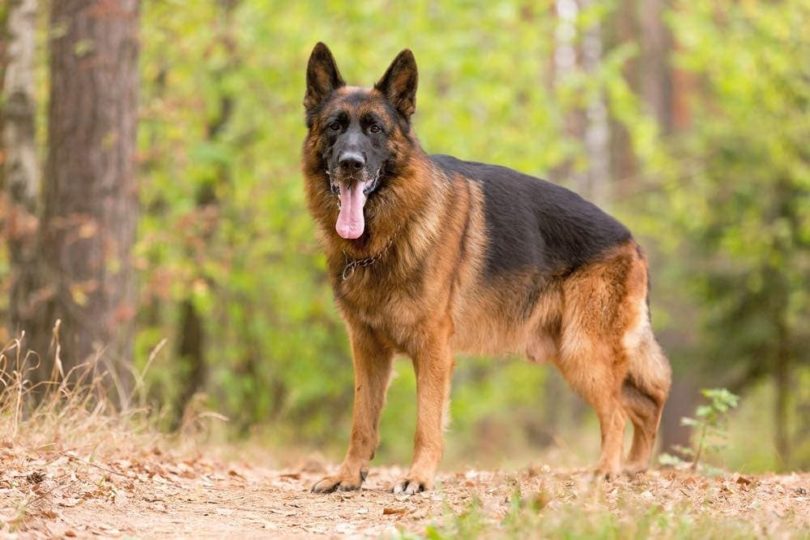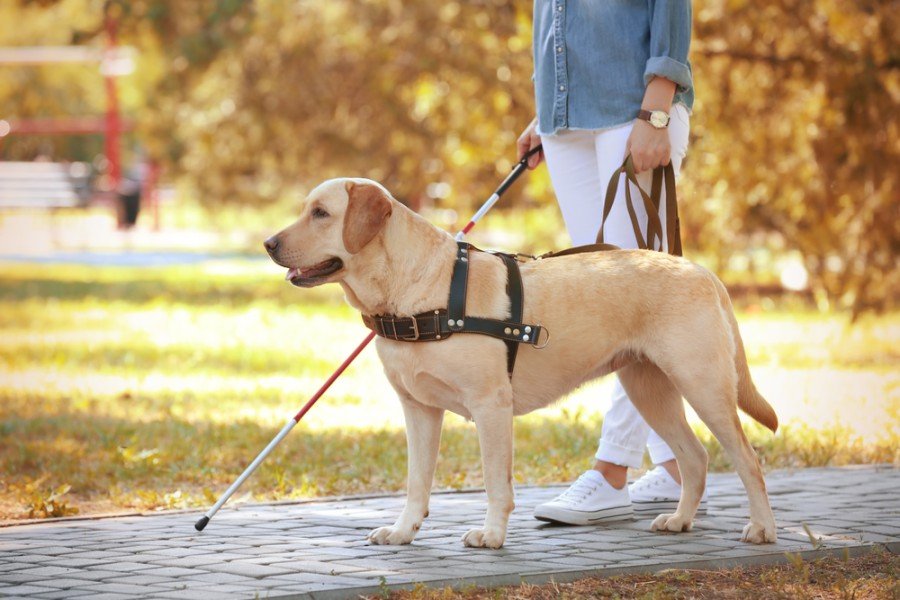Click Below to Skip Ahead
The Borzoi is an elegant-looking dog with a long head and soft, silky hair. In stature, they resemble a Greyhound due to their long legs and thin build. Their regal appearance made them a popular subject for many artists during the early 20th century.
Breed Overview
Height:
26 to 28 inches
Weight:
60 to 105 pounds
Lifespan:
9 to 14 years
Colors:
Black, cream, tan, red, sable, silver, white, blue, brown, fawn, brindle
Suitable for:
Families who are home often
Temperament:
Gentle, sweet, affectionate, laidback, high prey drive
Originally bred in Russia to help hunt wolves, the Borzoi spread in popularity around the world due to their excellent eyesight and speedy running ability. They can reach speeds of 35 to 40 miles per hour at a sprint! Nowadays, though, these quiet, friendly dogs are most often found as companion animals due to their calm nature and gentle temperament.
Read on to learn more about these beautiful dogs!
Borzoi Characteristics

Borzoi Puppies
These sweet pups make wonderful pets. They used to be better known as hunting dogs, so be prepared to have some fun working off their energy. They are not keen on being left alone, though, which means you’ll need to think carefully about welcoming a Borzoi into your home if you are someone who works away from the home a lot.

Temperament & Intelligence of the Borzoi
Borzoi are known as sweet and laidback dogs. They are athletic and intelligent and can do quite well in agility courses. However, the Borzoi is a stubborn dog. Therefore, training them requires patience and persistence. They may appear frightening to people who don’t know them but are not known to be at all aggressive toward humans.
Are These Dogs Good for Families? 👪
Yes, the Borzoi is a good family dog. Their large size means they should always be watched around small children, as they can become excited and accidentally knock them over. They are naturally gentle and affectionate toward their families and love nothing more than to cuddle on the couch. Borzoi do not do well when left alone for long periods. They need human companionship or they will become destructive.
Does This Breed Get Along With Other Pets? 🐶 😽
While Borzoi are not aggressive, they are natural chasers. They were bred to hunt and still have that instinct. They will chase anything that moves, including smaller pets. They can get along with smaller pets, such as cats, if they have been raised with them. However, they should not be left unsupervised around small animals.
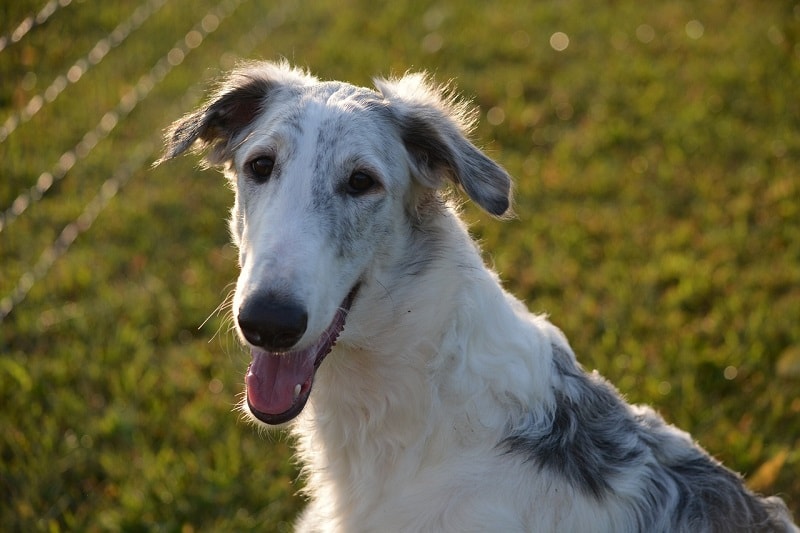

Things to Know When Owning a Borzoi
Borzoi are sweet, gentle dogs but they are not for everyone. Like all pets, they have unique needs when it comes to diet, exercise, training, grooming, and healthcare. Before you purchase or adopt a dog, you should do your homework to ensure you get the right pet for your family.
Food & Diet Requirements 🦴
Borzoi are large dogs, so they need to eat more than most other breeds. However, they can be prone to bloat, so their meals should be spaced out throughout the day. Strenuous exercise should also be avoided before and after meals to reduce the risk of bloat.
A Borzoi should have anywhere between 3 and 4 cups of high-quality food every day. It is important to note that a puppy will consume more food than an adult because of their rapid rate of growth.
These dogs can be picky eaters, so it is best to work with your veterinarian to find a food your pup likes that will also provide them with the nutrition they need to thrive.
Exercise 🐕
Despite their speed and athletic appearance, Borzoi are not overly active dogs. Most are content with a long walk and a chance to sprint back and forth in the yard each day. As long as their basic exercise needs are met, the Borzoi is happy to relax around the house with you for the rest of the day.
When you take your dog out, they should not be allowed off their leash. Their innate desire to chase everything means they will run away from you as soon as they see something interesting.
Training 🎾
The Borzoi is an intelligent dog. However, they are also stubborn. They can learn basic obedience commands and some enjoy agility courses. However, success with either of these types of training relies on a firm, consistent, and experienced owner who knows how to keep the Borzoi’s attention from wandering.
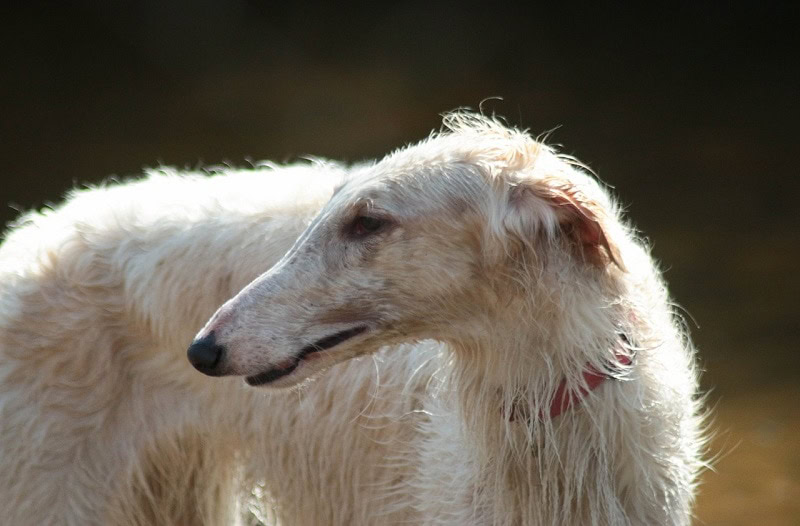
They are gentle and sensitive dogs, so they do not respond well to harsh training. Positive reinforcement, usually in the form of food, can be successful. The Borzoi is also not a good watchdog. Their size can be intimidating, but they are friendly to most people, even strangers.
Grooming ✂️
The Borzoi’s long, silky hair requires weekly brushing. You should also carefully check for any mats or tangles. It is recommended that you use a pin brush on your dog’s coat to avoid damaging the fine hair. They are heavy shedders during shedding season, so more frequent brushing may be required. The nice thing about their coat is that it is resistant to dirt and mud. If mud dries on their coat, it will fall off when brushed.
Outside of regular brushing, the Borzoi is fairly low-maintenance. You should brush their teeth several times each week and trim their nails when they get too long.
- You might also be interested in: Best Dog Shampoos
Health and Conditions 🏥
The Borzoi is generally healthy, with a few serious conditions to be aware of. You should make sure you are taking your dog for regular veterinary check-ups and monitoring their health for any changes.
- Cataracts and other sight conditions
- Bloat
- Hip dysplasia
- Chemical and anesthesia sensitivity
Minor Conditions
- Cataracts and Other Sight Conditions: Borzoi are known to develop vision-related problems as they get older. Regular veterinary exams can help detect these problems when they appear.
Serious Conditions
- Bloat: The most common serious condition that can affect your Borzoi is bloat. This condition can be fatal if not treated immediately. Bloat occurs when the stomach twists and gas builds up in the stomach with no way to escape.
- Hip Dysplasia: Like many large dogs, Borzoi are at risk of hip dysplasia. This is when the joint and socket don’t fit together properly. It can be debilitating and may require surgery.
- Chemical and Anesthesia Sensitivity: Borzoi are known to be sensitive to anesthesia and chemicals in fertilizers. Their low body fat may contribute to this sensitivity.
Male vs. Female
Males are larger than females in height and weight. The average male Borzoi can be up to 2 inches taller and up to 20 pounds heavier than the female. However, the temperament and risk of health conditions between the sexes are not known to be different.


3 Little-Known Facts About the Borzoi
1. They Used to Be Known as the Russian Wolfhound
Until 1936, the Borzoi was known as the Russian Wolfhound. Their name was then changed to Borzoi, which means “swift” in Russian.
2. They Have a Wide Field of Vision
The Borzoi was bred to spot prey, and their field of vision is well suited for this. They have a 270-degree field of vision and excellent eyesight that enables them to see small animals from far away.
3. Their Heads Take 3 Years to Grow to Their Full Size
Puppies have small heads with bent noses. As they grow, their nose straightens and their head lengthens.
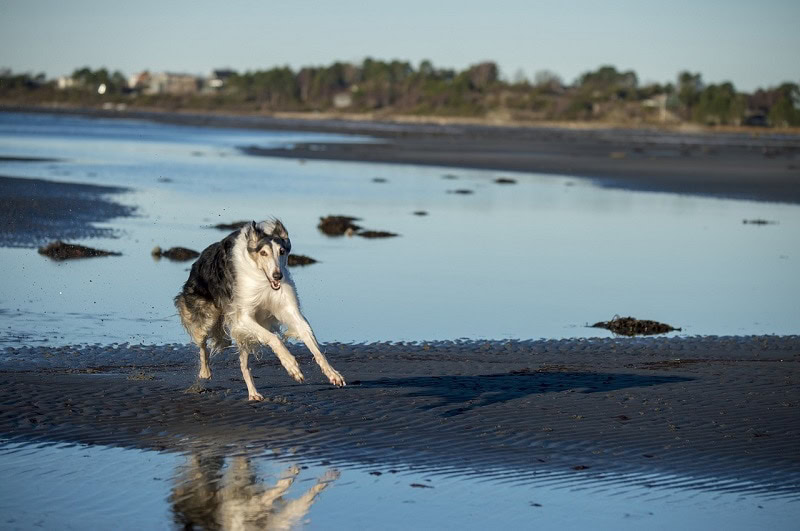

Final Thoughts
The Borzoi is an interesting dog. Their large size and athleticism may make you think they are aggressive and overly active. However, the Borzoi is neither of these things. Their calm, quiet, gentle demeanor makes them a good choice for a family pet, especially in a family with older children and no small pets. They are fairly low maintenance but do want your attention and time.
If you have the time to spend with them and don’t mind a couch companion, the Borzoi might be the perfect dog for you!
Featured Image Credit: Jeannette1980, Pixabay





